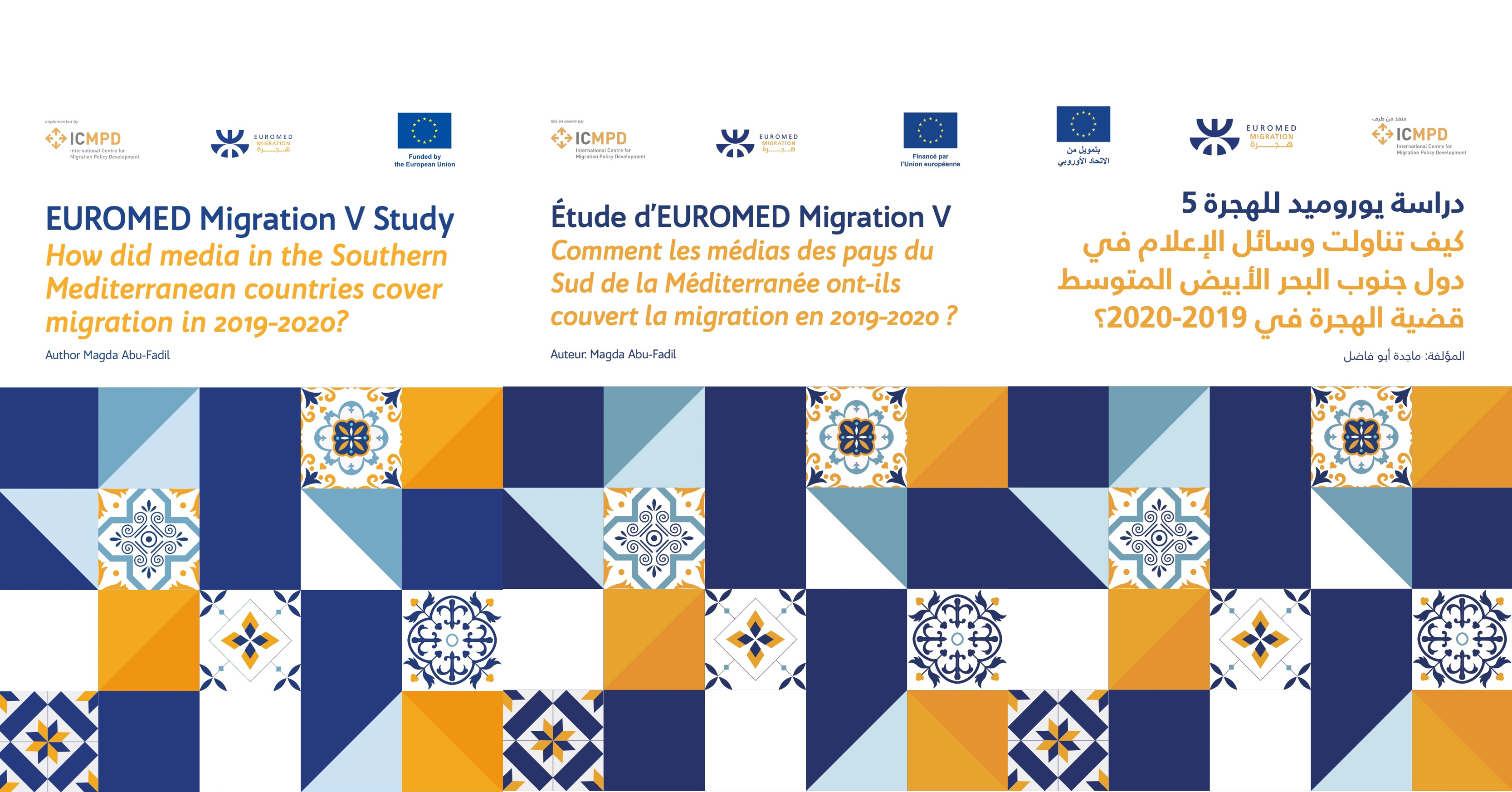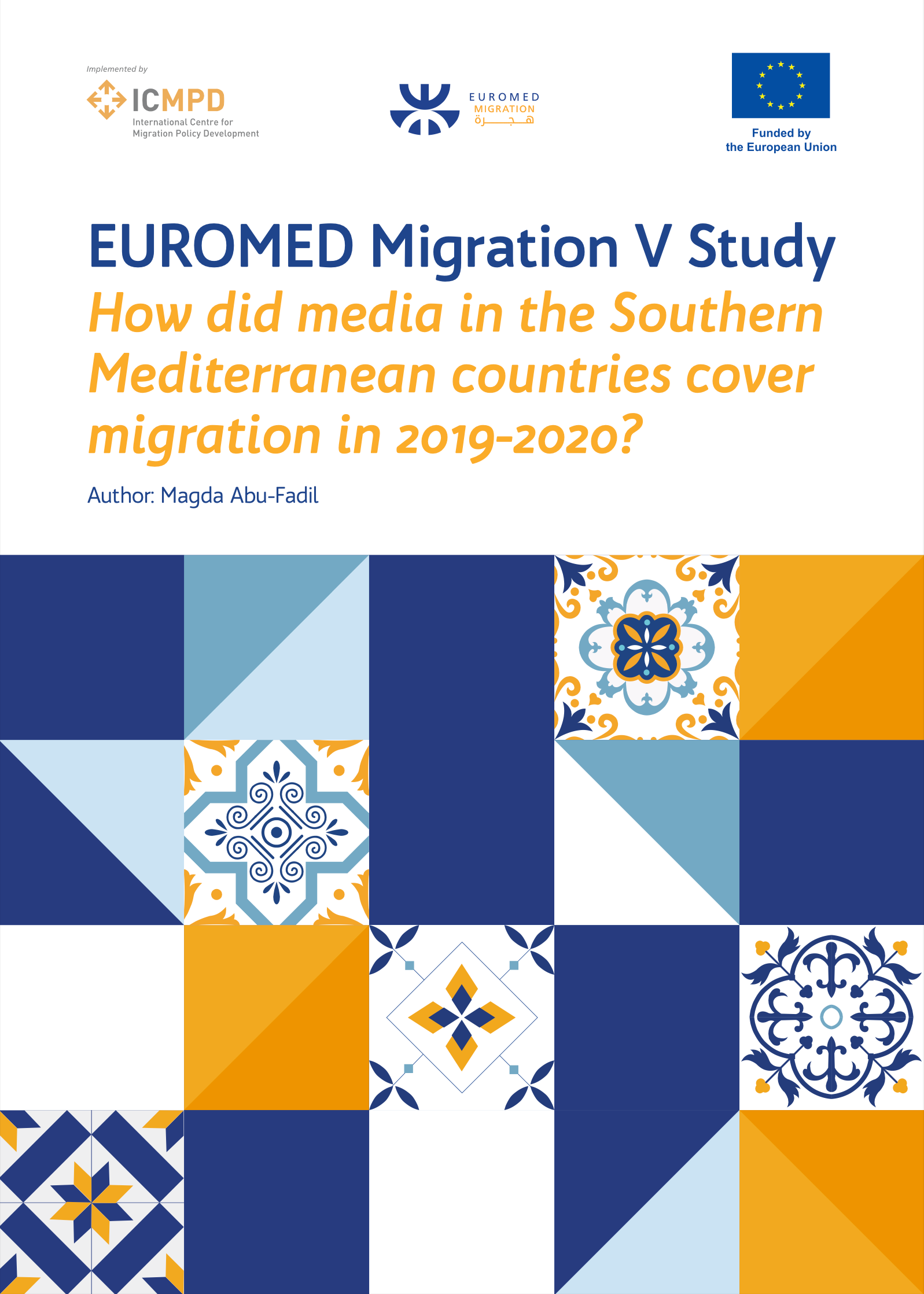Reporting on migration and refugee crises in the Southern Mediterranean region slipped in 2019 and 2020 due to the coronavirus outbreak as well as other pressing economic and political issues, according to a study conducted by Media Unlimited director Magda Abu-Fadil.
“How did media in the Southern Mediterranean countries cover migration in 2019-2020?” the European Union-funded survey implemented by the International Centre for Migration Policy Development focused on the decline to develop a better understanding of traditional and other media’s constraints and how certain elements affected their capacity to tell the “migration story.”
These included the conflict in Syria, flare-ups in Israel/Palestine that spill over into neighboring Jordan, Lebanon’s financial meltdown, and, the strife in Libya and Algeria.

The pandemic added a layer of misery for media in Morocco, Algeria, Tunisia, Egypt, Lebanon and Jordan already suffering from budget and personnel cutbacks, drops in circulation, vanishing advertising revenue, and competition from non-traditional platforms, with print outlets particularly hard hit and countless journalists having to work from home.
Abu-Fadil also drew on research from news articles and reports from various migration-related organizations.
The common thread among those countries was the relative hiatus in migration media coverage and the discovery that journalists were often ill-informed about the situation in their own back yards, much less in other countries.
The study can be downloaded in English here
In French here
In Arabic here.


